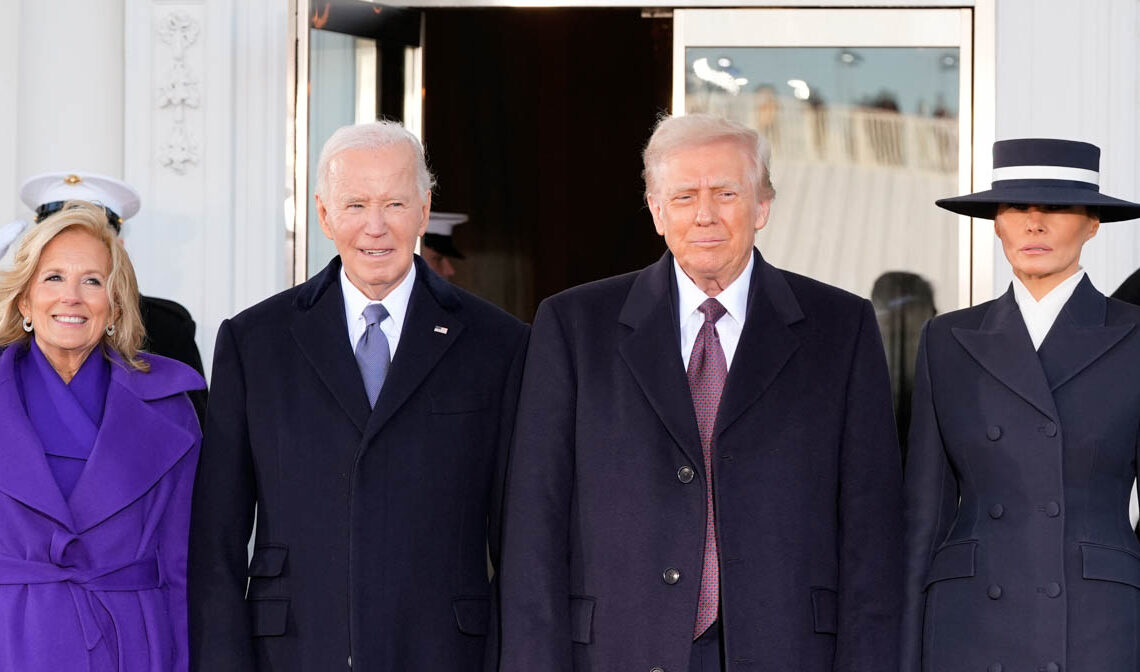By Abena Oforiwaa Ampofo
Staff Writer
According to a popular African saying, “If you educate a man, you educate an individual, but if you educate a woman, you educate a nation.” Over the years, the gaps that define gender inequality have been a barrier to women and girls all over the world, limiting their potentials by archaic ideals. Gender inequality is the belief that men and women are unequal, subjecting them to the double standards of the world.
For many years, the woman has been portrayed as a stay-at-home caretaker with praised characteristics such as: sensitivity, timidity and subservience. Accompanying these values is the image of the perfect woman: thin, tall and “Victoria Secret” beautiful. Females, implied as the ‘inferior’ gender are subject to all forms of abuse for daring to step outside of their kennels- being petite and curvy, having a career and being unafraid to say what is on her mind.
In past centuries, the maltreatment of females has been accepted as a norm, with males being the ultimate power in deciding whether a woman is worthy or unworthy. In both developed and developing countries, women are used as currency such as in marriages for familial and social advancement and by companies only for the opportunity of recognition as Equal Opportunity Establishments. In over 30 countries, primarily in Africa and the Middle East, many girls under the age of 15 are married off to men old enough to be their grandparents and who already have multiple wives.
Girls in these areas are also subjected to Female Genital Mutilation (FGM), the practice of cutting away the clitoris of a young woman to deter premarital and extramarital affairs and to decrease sexual satisfaction. In China, the one-child policy has led to the preference of male children and the subsequent abandonment and killings of the ‘inferior’ gender.
International Women’s Day (IWD), celebrated on March 8 annually is an occasion for women to have their voices heard and to take steps for empowerment. By wearing purple ribbons, people worldwide celebrate women’s economic, social and political advancement.
This year’s theme declared by the United Nations is “Planet 50-50 by 2030: Step It Up for Gender Equality.” This initiative is geared toward gender equality by the year 2030 with increased laws to protect human rights of women all over the world and promote gender equality. Last Tuesday, millions of people worldwide commemorated the occasion with a variety of events beginning with the official U.N. commemoration which took place at the Trusteeship Council at the U.N. Secretariat in New York City.
The commemoration ceremony was the venue of musical performances and panel discussions on the steps crucial to achieving gender equality. Elsewhere, marches were held in honor of the event as well as soccer match in Tanzania.
“I feel like women have come a long way in the fight for gender equality but more women should advocate for themselves and things that we need to have equality on,” said Kate Fleming, an English teacher at the Neshaminy High School.
“I think women have come a long way but there’s still work to be done concerning equal pay and equal seats in government. I think Neshaminy does a great job giving both boys and girls equal opportunity in education and sports and other programs like the clubs and music programs,” said Kathleen Houser, Social Studies teacher at the Neshaminy high school.
Social Studies teacher at Neshaminy High School, Christopher Capecci said, “I think women have come a long way from the past when the role of the woman was confined to her home or stereotypical jobs such as secretary or nurse, to high power executives and politicians.”
Individuals all around the world who could not attend events close to them took to social media, tagging their posts and tweets with the hashtag, #IWD2016.







